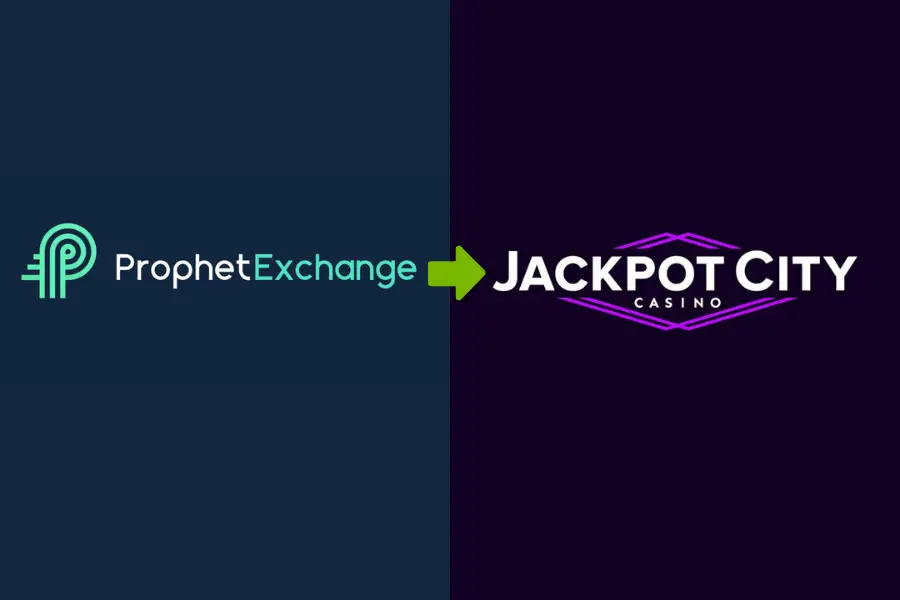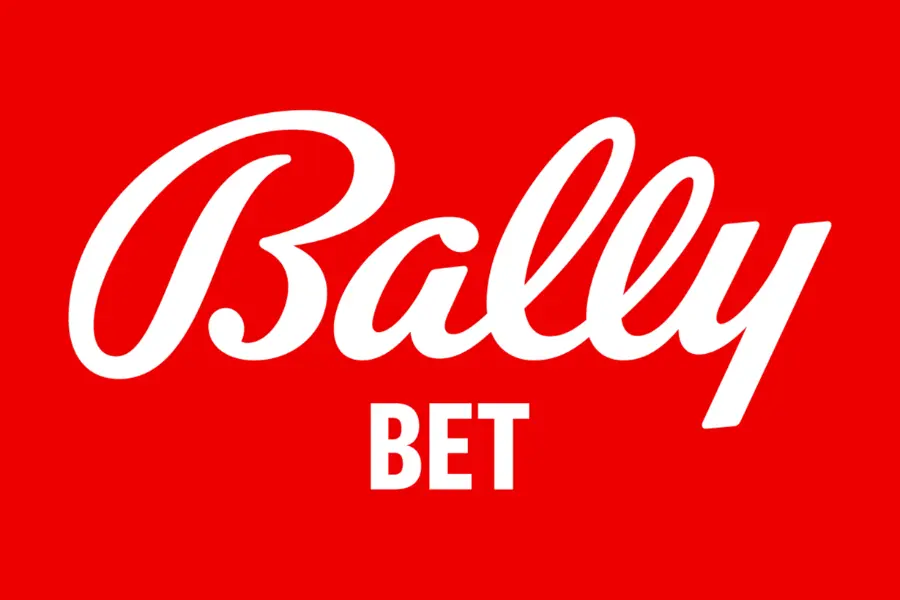State regulators on Friday announced that March produced a new record $165.7 million in revenue – more than $12 million higher than the previous one-month record just set in January.
For context, note that last month’s online casino revenue was higher than the figure generated for the entire year of 2015 ($148.9 million) – the second full year of online casino gaming in New Jersey.
There were significant gains from 2016-18, but a big jump came in 2019, when such revenue rose a robust 62% over the previous year, to $482.7 million.
But that was modest compared to the leap in 2020 when revenue from online casinos in New Jersey doubled to $970.4 million.
That leap didn’t mark anywhere near a peak – a 41% increase in 2021 to $1.367 billion, and another 22% increase in 20222 to $1.663 billion.
The reason for the big jump in 2020 is obvious – the COVID-19 pandemic shuttered all Atlantic City casinos in March 2020 until July 4 weekend. And in the second half of that year, many would-be visitors no doubt decided it was too risky to visit those nine casinos.
That must have led to gamblers in the state adjusting either by increasing their spend on online casino apps, or signing up for them for the first time.
Even if one attributes lingering COVID concerns to the jump in 2021, it doesn’t seem to account for why online casino would gain another such boost last year – with more to come this year.
It also is worth noting that sports betting – more than 90% of which takes place online – has continued to rise even with the huge increases in online casino spending. That suggests that any concerns about cannibalization by either gambling option are unfounded.
Tight Race in The Online Casino Game
Resorts Digital, Borgata, and Golden Nugget each achieved more than $42 million but less than $45 million in online casino revenue in March.
That tracks neatly with the first quarter numbers, with Golden Nugget, Resorts Digital, and Borgata all so far collecting from $119 to $125 million.
Caesars Interactive and Tropicana are a distant fourth and fifth at $25 million and $22.2 million respectively.
Resorts Digital has shown the most improvement of “The Big Three” since the end of 2022, when the results for the calendar year were $496.3 million for Borgata, $431.7 million for Golden Nugget, and $393.3 million for Resorts Digital.
While Borgata is locked in a three-way race to the top in online casino revenue, the 20-year-old Marina District casino has no such competition in brick-and-mortar dollars.
Borgata’s $177.4 million in the first quarter far outpaced Hard Rock at $113.4 million and Ocean Casino at $91.4 million. Those numbers are fairly comparable to calendar year 2022, which closed with the same casino rankings of 1-2-3.
New Jersey Back in The Billion Dollar Handle Club
There was just enough “Madness” in the March men’s college basketball tournament to boost New Jersey’s sports betting handle over the $1 billion monthly betting handle – a figure generally only achieved during football season in the fall and then again in March.
The $1.03 billion wagered last month was just shy of the $1.12 billion in bets in March 2022. A few days of Major League Baseball thrown in at the end of the month, along with NBA and NHL action, were needed for the milestone to be reached.
Of course, sportsbook operators are more interested in revenue than handle – and on that front, it was a very good month. The $93 million in revenue last month was 40% higher than a year earlier even with the betting handle down slightly.
This is the second straight year that state lawmakers unintentionally boosted the books’ revenue due to an unusual regulation that permits betting on every March Madness game – except, as it happens, the rare few involving a state university.
So when No. 15 seed St. Peter’s of Jersey City became the first school to reach the Elite Eight last year, and when Fairleigh Dickinson University of Teaneck last month became only the second No. 16 seed ever to win a game, the books benefited in both cases.
That’s because even though the volume of wagers would not be all that high for each school, it’s safe to assume that nearly all of the bets would have been on the “home team” – with hefty moneyline numbers paying out in some cases.
Parlay betting continues as the holy grail for New Jersey sportsbooks. The hold for the first quarter of 2023 on such bets is a juicy 17.8%, thanks to aggressive marketing of those multi-leg bets and consumer tendency to dream of someday landing “a big score.”
Instead, the hold percentage for parlay betting inches up slightly every year – even with the occasional huge payout that often generates significant publicity on social media, thereby tempting other gamblers to try to match such a bonanza.
The overall hold so far this year is 7.4%, compared to 6.7% for all of 2022.
More than two-thirds of the March sportsbook revenue was shared by the Meadowlands Racetrack at $39.8 million when factoring in partners FanDuel, PointsBet, and Superbook; and Resorts Digital at $29.8 million with partners DraftKings and FoxBet.
Meanwhile, who says “the house always wins?” Caesars lost almost $120,000 on sports betting in March, and two other operators lost lesser amounts.
Finally, what do New Jersey taxpayers get from all this?
In 2022, the state collected $179.1 million in gambling taxes from brick-and-mortar casinos, $249.3 million from online casino operators, and $97.9 million from sportsbooks. That adds up to more than a half-billion in tax dollars – with almost $350 million of it coming from gambling that didn’t exist legally only a decade ago.





